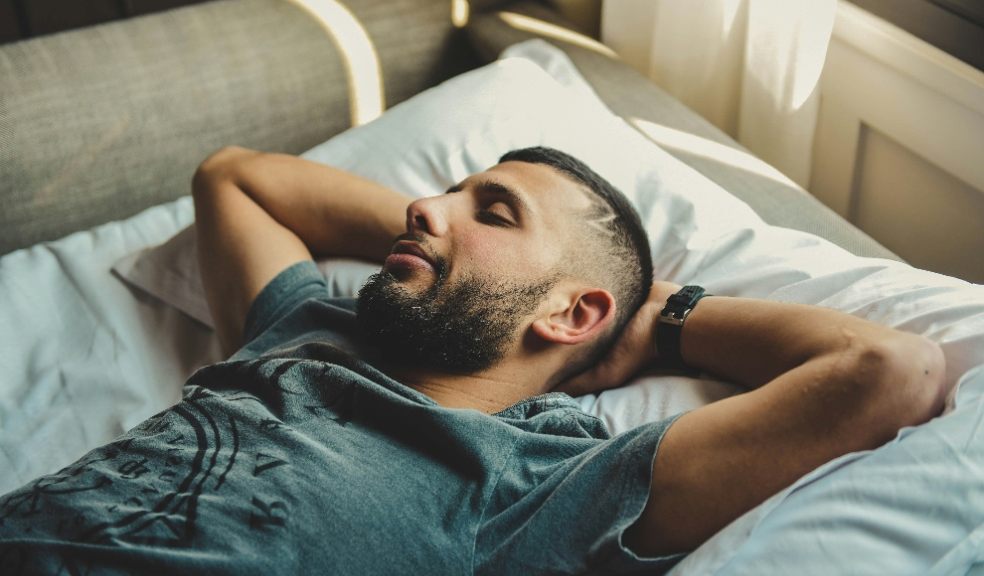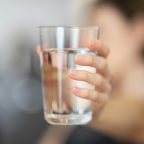
The Average Brit Survives On Just Six Hours Sleep a Night
A new report suggests Brits are managing just six hours of sleep each night – that’s an annual sleep deficit of 30 days.
So, it’s no surprise that as many as 90 percent of those surveyed complain they feel permanently tired.
Brits aged 45-59-years old experience the most unsettled sleeps – four a week, according to the study by Lingo, a biosensor and app that aims to help people understand the connection between their metabolism and overall health.
Two thirds (64 percent) feel sluggish after a bad night’s sleep, while 39 percent are unable to concentrate at work.
One in three (36 percent) struggle with brain fog, while 35 percent feel permanently stressed out (35 percent).
And the research reveals a correlation between poor sleep and diet, as three in four (75 percent) put their sleepless nights down to eating the wrong foods too late.
One in ten (12 percent) eat chocolate before bed, while a further 11 percent tuck into biscuits.
Toast (eight percent) and crisps (seven percent) are also on the list of late-night, high carb snacks which can effect sleep patterns.
And forget Sleepless in Seattle, it’s more like Sleepless in Stoke-on-Trent, as Stoke emerged as the most sleep deprived city (89 percent).
Lily Soutter, nutritionist in Abbott’s Lingo business commented: “It’s clear from the research that Brits are struggling with not getting enough quality sleep which may be related to the food we eat. Relying on too many quick fix foods, such as high sugar snacks can contribute to spikes and dips in our blood glucose levels.
“Greater glucose fluctuations may be associated with poorer quality of sleep. On the other hand, when we’re sleep deprived, we may experience a worsened glycaemic response the following morning. Therefore, adequate sleep is associated with better metabolic health, which is why having an insight to our personal glucose levels and stepping off that glucose roller coaster is so important.”
Half of Brits (52 percent) try to stay awake during the day by drinking coffee, with 31 percent tucking into chocolate to give them a boost.
Energy drinks (24 percent), fizzy drinks (20 percent), fruit (19 percent) and toast (19 percent) are also go-to snacks to raise energy levels.













